Academic writing - AI-powered academic writing tool.

Greetings! Ready to enhance your academic drafts?
AI-powered academic writing and analysis.
Develop a professional paragraph on public policy.
Improve my draft's academic rigor in economic development.
Expand this idea into a formal paragraph on sustainable infrastructure.
Refine my policy analysis draft for academic submission.
Get Embed Code
Introduction to Academic Writing
Academic writing, as a specialized tool, is designed to support the development, refinement, and structuring of formal writing in academic and professional settings. The core purpose is to provide assistance in creating clear, coherent, and well-supported written work that adheres to the conventions of academic discourse. This involves helping users engage with sources, construct well-organized arguments, and present evidence in a logical manner. For example, when analyzing policy issues, academic writing tools can assist users in structuring their analysis based on established frameworks (e.g., SWOT analysis, cost-benefit analysis), ensuring that the argument is substantiated with relevant data and citations. In another scenario, if a student is drafting a literature review, academic writing tools can guide them in summarizing key themes from the literature, ensuring that the text remains concise and relevant. Powered by ChatGPT-4o。

Key Functions of Academic Writing
Supporting Structured Argumentation
Example
A student writing a public policy paper needs to present an argument about the effectiveness of renewable energy subsidies. The academic writing tool helps by suggesting how to structure the argument: introducing the policy context, explaining relevant theoretical frameworks (e.g., economic externalities), presenting empirical evidence, and concluding with policy implications.
Scenario
In the case of a research paper on economic development strategies, the tool might assist in organizing arguments around different approaches (e.g., industrial policy vs. free market strategies), helping the user to sequence arguments logically while maintaining objectivity.
Facilitating Proper Citation and Referencing
Example
A researcher compiling a policy analysis needs to cite numerous sources, including reports from the OECD and academic journals. The tool ensures that all citations are formatted correctly in the required style (APA, MLA, Chicago), helping avoid plagiarism.
Scenario
In a situation where a policy analyst is summarizing global trends in sustainable infrastructure, the tool would help track and cite OECD statistics and international reports, ensuring that all references are accurately cited, preventing unintentional omissions.
Improving Clarity and Coherence in Writing
Example
A graduate student drafting a thesis on the social impact of urban planning might struggle with making their writing concise. The tool provides suggestions to clarify complex sentences, improve transitions between paragraphs, and eliminate redundant information.
Scenario
In the development of a policy brief, the tool helps ensure that the narrative flows logically from problem identification to proposed solutions, thus improving the overall clarity and effectiveness of the argument.
Guiding the Use of Data and Evidence
Example
A policy analyst drafting a report on education reform uses data from multiple studies. The academic writing tool helps by identifying areas where data should be incorporated to support key claims and suggests ways to present that data clearly, such as through charts or comparative tables.
Scenario
For example, in an analysis of healthcare system performance, the tool might assist in integrating health expenditure data and patient outcome statistics into the text, ensuring that these figures are correctly interpreted and presented to support the overall argument.
Ideal Users of Academic Writing Services
Students in Higher Education
Students, particularly those pursuing degrees in fields such as public policy, economics, and social sciences, benefit from academic writing tools as they help to improve the structure, clarity, and academic rigor of their assignments. These students often need assistance in organizing their ideas, developing logical arguments, and ensuring proper citation of sources.
Researchers and Policy Analysts
Researchers and policy analysts in think tanks, academic institutions, and government organizations often need to produce reports and papers that are data-heavy and require well-structured arguments. Academic writing tools assist them in presenting data effectively, ensuring the argument is coherent, and maintaining high standards of academic writing. These users benefit from tools that ensure the correct use of evidence and adherence to academic standards.
Professionals in International Organizations
Professionals working in international organizations, such as the OECD, UN, or World Bank, frequently produce reports on global trends and policy recommendations. They benefit from academic writing tools by improving the clarity and readability of complex texts, managing large amounts of data, and adhering to formal writing standards required for international communication.
Academic Authors and Journal Contributors
Academic authors, including professors and researchers writing for peer-reviewed journals, need to ensure their work meets high standards of academic rigor. These individuals benefit from tools that help refine argumentation, improve the integration of literature, and ensure proper citation to meet publication standards.

Guidelines for Using Academic Writing
1
Visit yeschat.ai for a free trial without login, also no need for ChatGPT Plus.
2
Familiarize yourself with the platform's interface. Ensure you have a clear topic or academic field (e.g., public policy, economic development) in mind to focus your writing.
3
Use specific keywords or queries related to your subject matter to get tailored, academic responses. You can ask for assistance in writing policy reports, research papers, or analyses.
4
Review the output thoroughly. The platform provides clear, formal, and objective responses, but it's critical to ensure accuracy and relevance for your specific academic context.
5
Apply any necessary editing or citation adjustments to meet your academic standards, such as adhering to citation styles like APA or MLA, based on your institution's guidelines.
Try other advanced and practical GPTs
Text Tailor
Tailoring Text with AI Precision
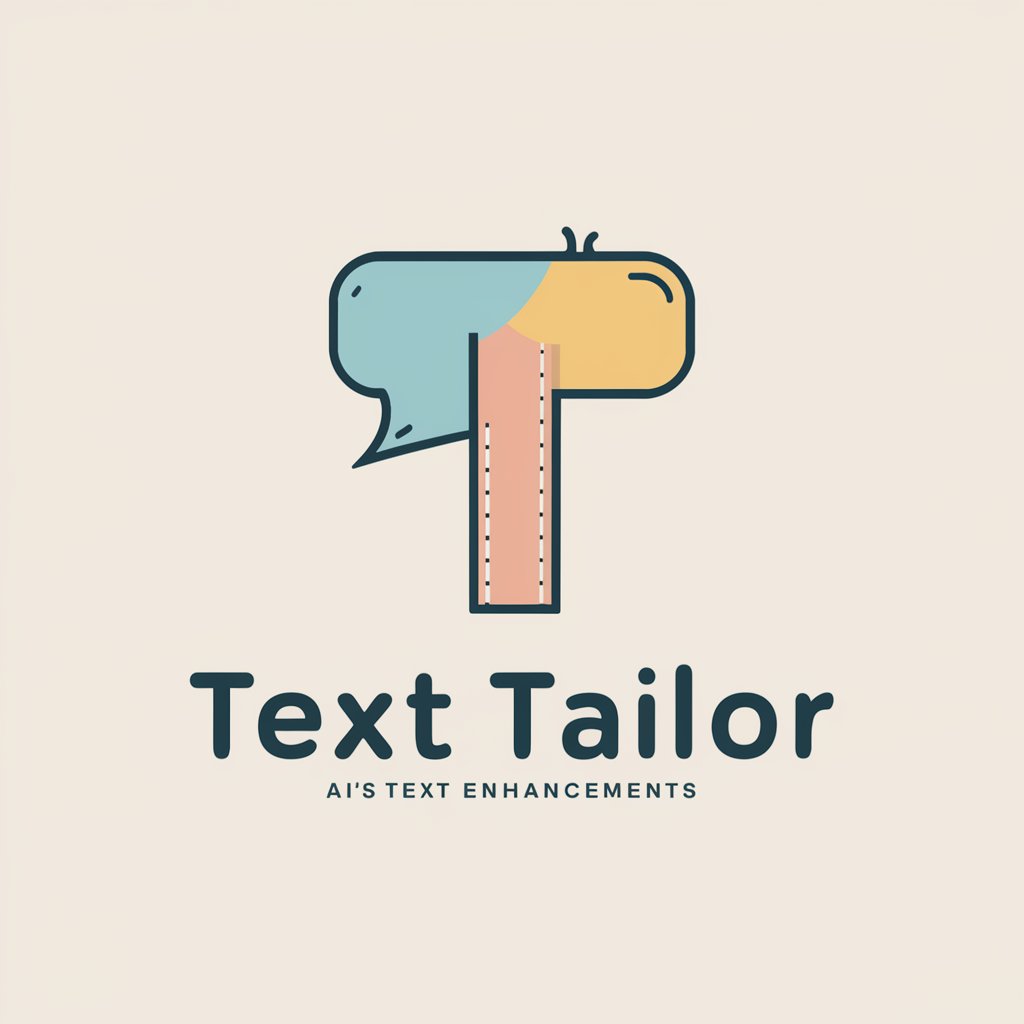
Food Production Pro
Optimize food production with AI

Production Pro
Revolutionize Editing with AI Power
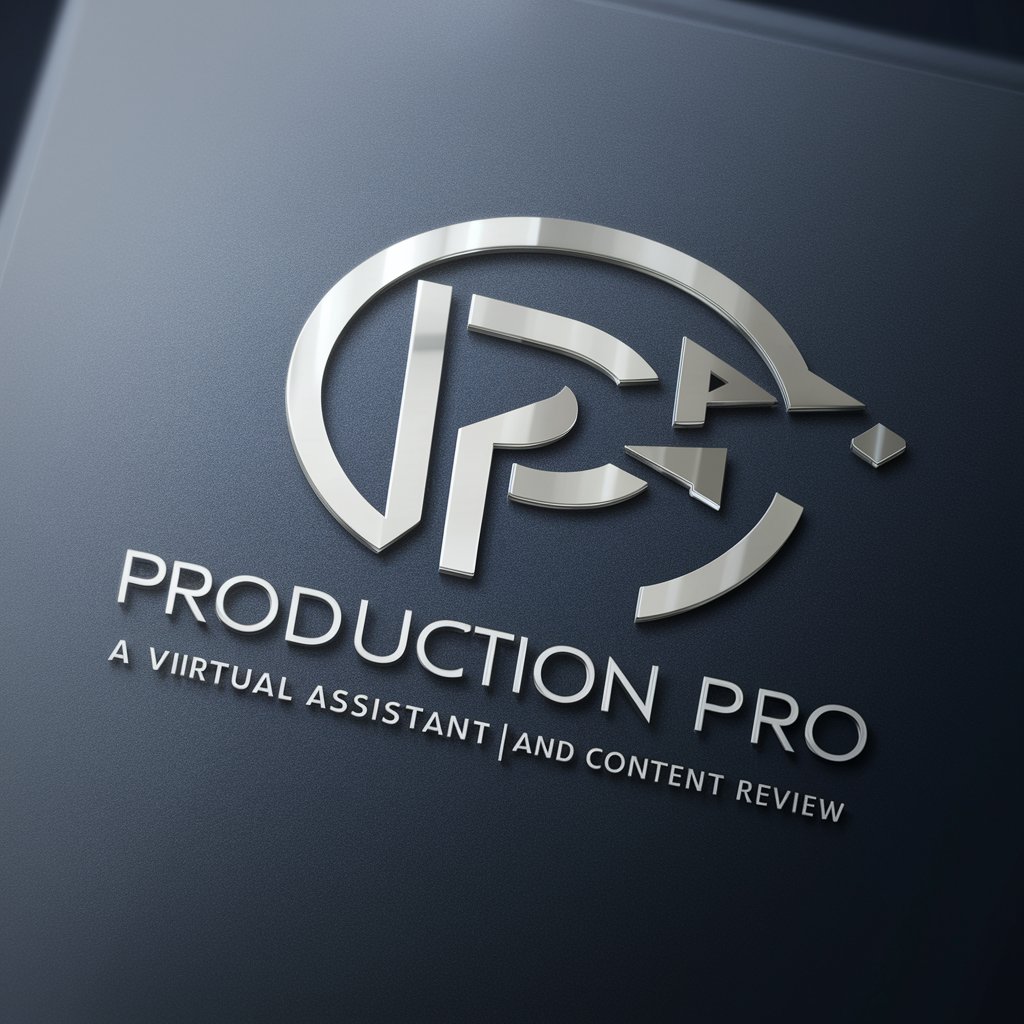
Get FIT!
Your AI-Powered Fitness Partner

Study Buddy
Your AI-Powered Study Partner
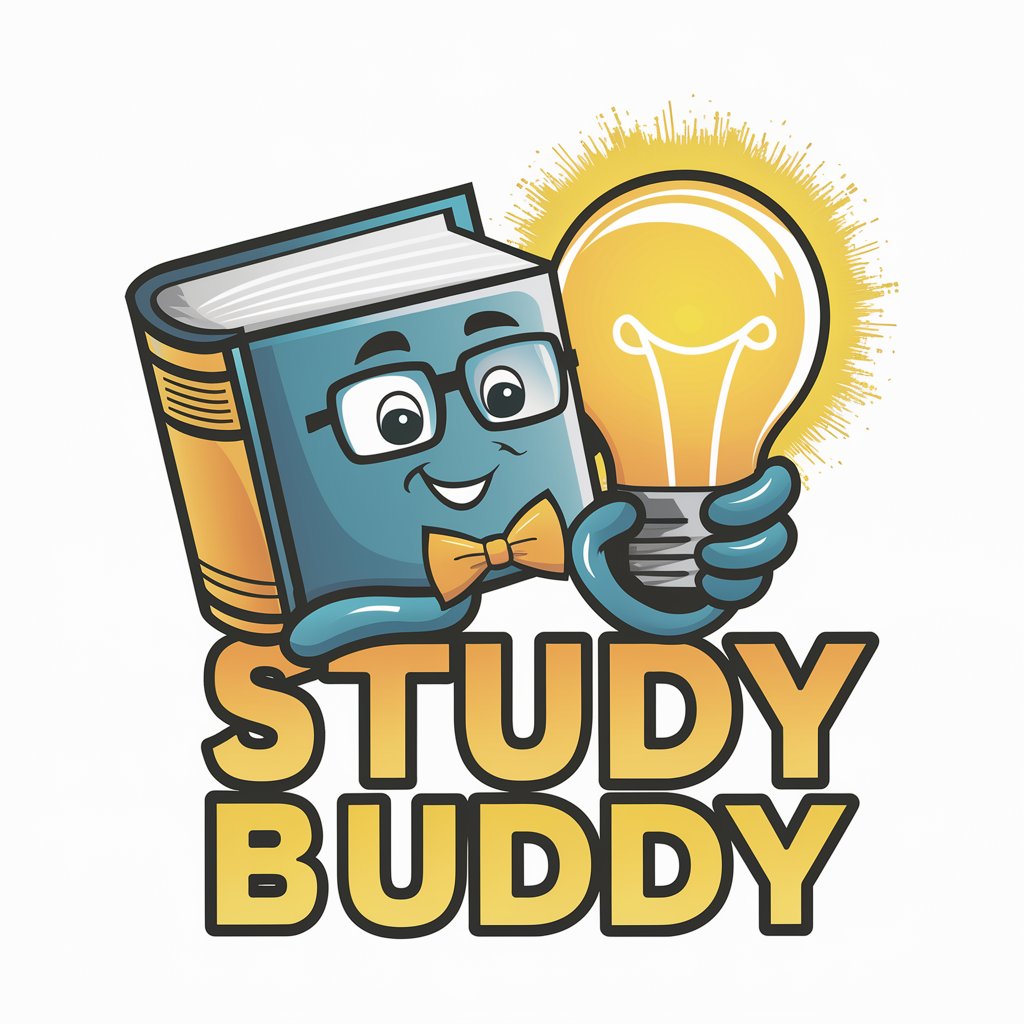
Ace Caddy
Drive Your Game with AI
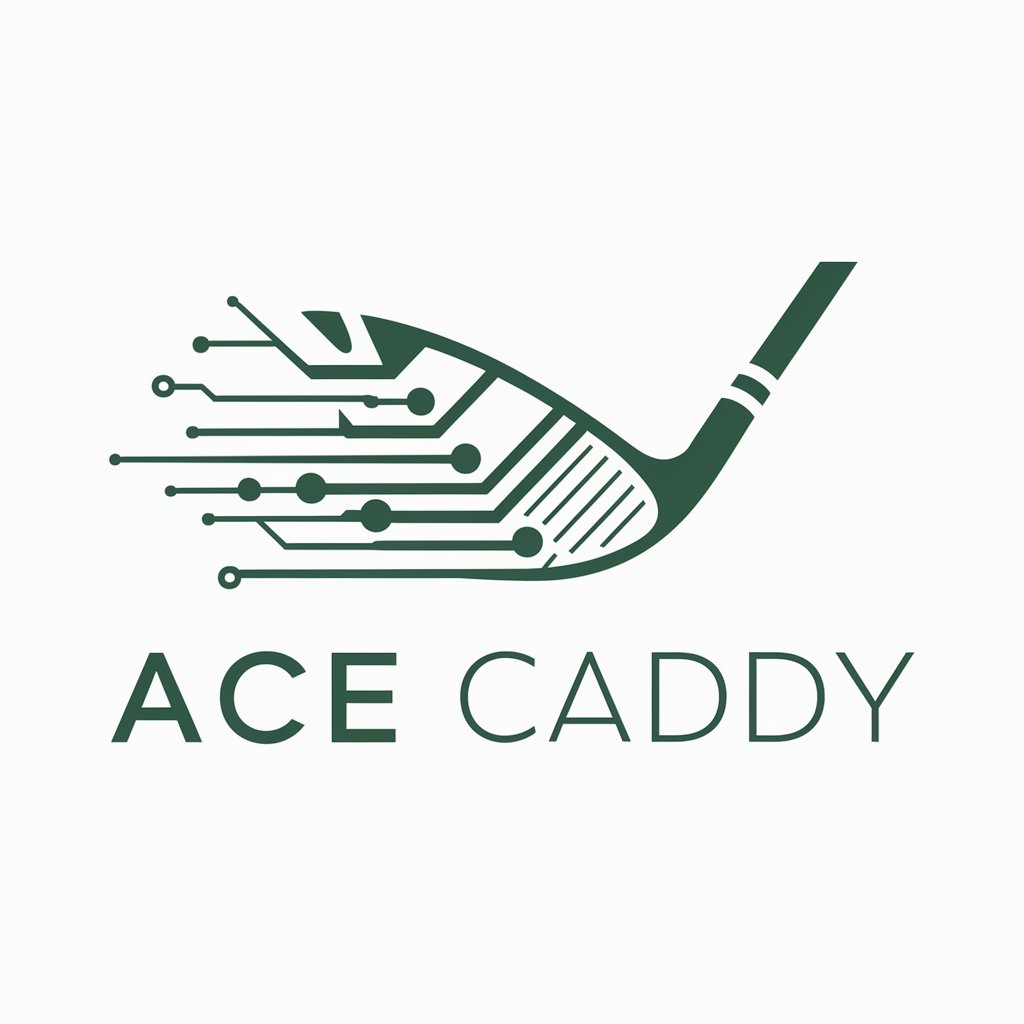
Academic Summerizer
AI-Powered Tool for Academic Mastery.

英語学習支援GPTs - Engman
AI-powered English learning for Japanese users

Gym Trainer
Streamline Your Fitness Journey with AI

Gace Gym
Empowering your tasks with AI precision

Code Gym
Empowering Learning Through AI Quizzes
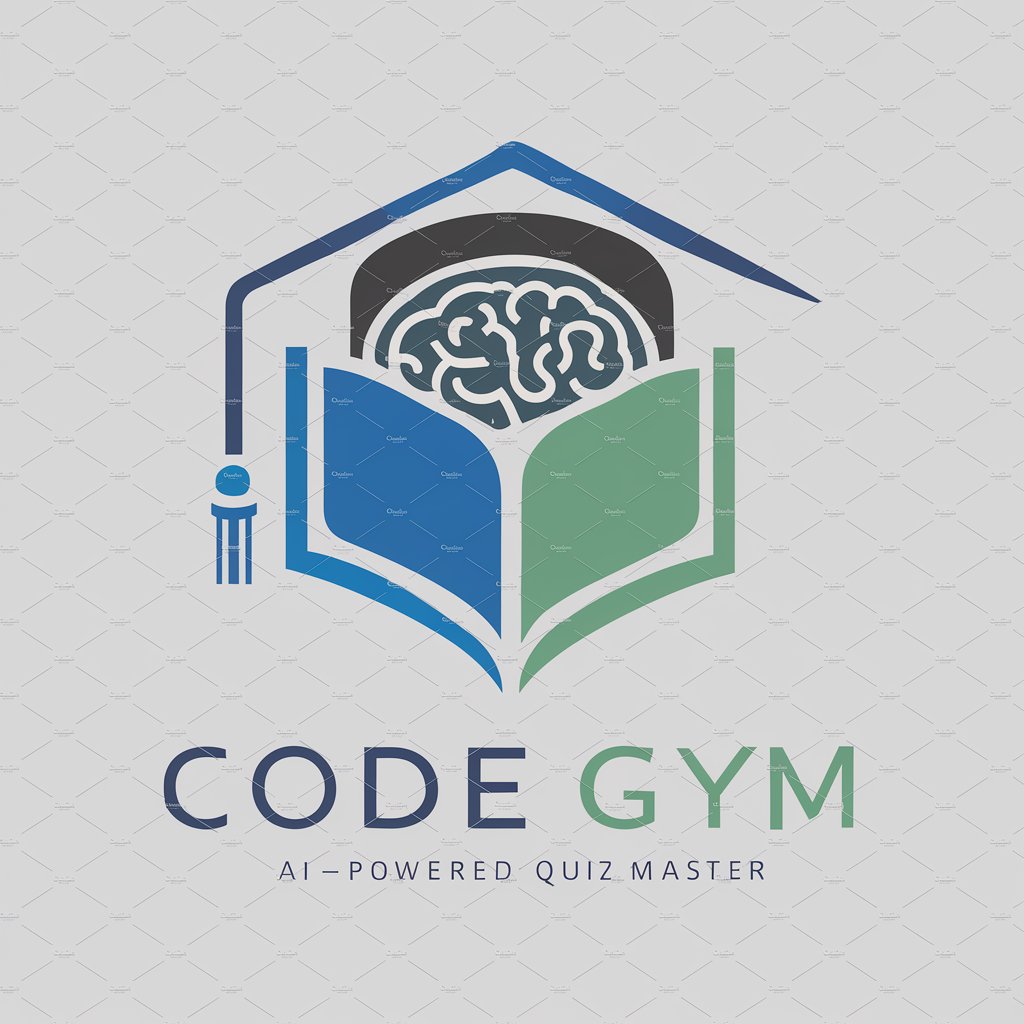
Decor Advisor
Revamp Your Space with AI

Common Questions About Academic Writing
What types of academic writing can this tool assist with?
This tool is designed to help with a range of academic writing tasks, including policy analysis, literature reviews, essays, research proposals, and detailed academic reports, especially in public policy and sustainable development fields.
How can this tool improve my academic writing?
It helps structure coherent, formal, and objective content by providing relevant examples, refining arguments, and ensuring academic tone. It's particularly useful for maintaining clarity in policy reports or analytical essays.
Can this tool help with citation and referencing?
Yes, the tool offers guidance on incorporating citations correctly and provides properly structured academic references based on the style requested (e.g., APA, MLA).
Is this tool suitable for non-native English speakers?
Yes, the tool is designed to assist users with varying levels of English proficiency, offering grammatically sound, clear, and well-structured responses that can enhance academic writing quality.
Can I use this tool for both individual assignments and collaborative projects?
Absolutely. Whether you are writing alone or in a group, this tool can help you organize content, clarify arguments, and ensure a consistent academic tone across multiple authors.
